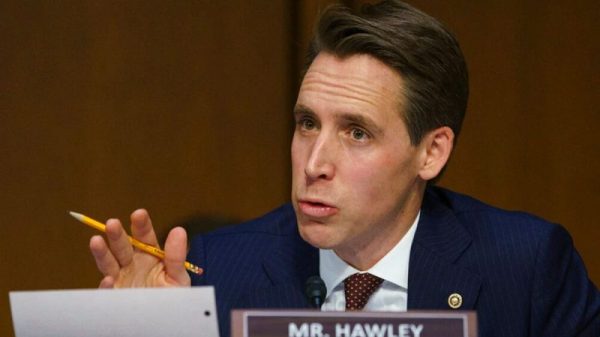As new laws go, the Data Use and Access Bill sounds like one of the most boring imaginable. But don’t nod off just yet…
The revamp of data laws, claims the government, has the potential to boost the economy, benefit patients, police and parents – even help reduce disruption from road repairs.
But done wrong, privacy and digital rights campaigners warn it could open the door to the state or shady big-tech firms using our data for their benefit not ours.
Streamlining the use of and access to data could generate £10bn of economic benefit, the government says.
In the NHS for example, the law would require all IT systems to share common data formats so information about pre-existing conditions, appointments or tests can be viewed in real-time between NHS trusts, GPs or ambulance services.
The Department for Science, Innovation and Technology (DSIT) calculates this could free up 140,000 hours of NHS staff time each year.
The police will also benefit by being allowed to automate certain manual data tasks. For example, officers currently have to log each time they access the personal information of an individual on the police database.
DSIT estimates automating steps like this will buy the police 1.5 million more hours each year to catch criminals instead of ticking boxes.
There’s a new requirement for infrastructure firms to upload data on underground pipes or cabling to a digital “National Underground Asset Register”.
The nationwide underground map will reduce the 600,000 accidental “strikes” on buried assets annually and speed up planning for roadworks or construction.
The bill also allows for the creation of a digital register for births and deaths and free up access to personal information in the same way financial data rules have changed.
The government envisions improvements to the way data on an individual’s energy use, or purchase history could be used to choose energy tariffs or find better deals for online shopping.
But there is much for parliament to debate.
The obvious benefits of streamlining access to health data for example, must to be balanced with keeping that data safe.
Who will be allowed access to it? Especially if many of those offering efficiency improvements in the NHS are multinational big tech firms with less than glowing transparency records.
There are concerns too about the automation of data protection tasks designed, deliberately, to ensure there is a “human in the loop” when deciding what personal data can and should be shared.
“It’s vital that any changes to police use of data increases accountability over how, why and when the police access information about the public, rather than cutting red tape, making abuse of power more likely,” says Sara Chitseko, Pre-Crime Programme Manager for Open Rights Group a digital rights organisation.
“Any reductions in accountability could harm communities that are overpoliced and worsen existing tensions.”






























